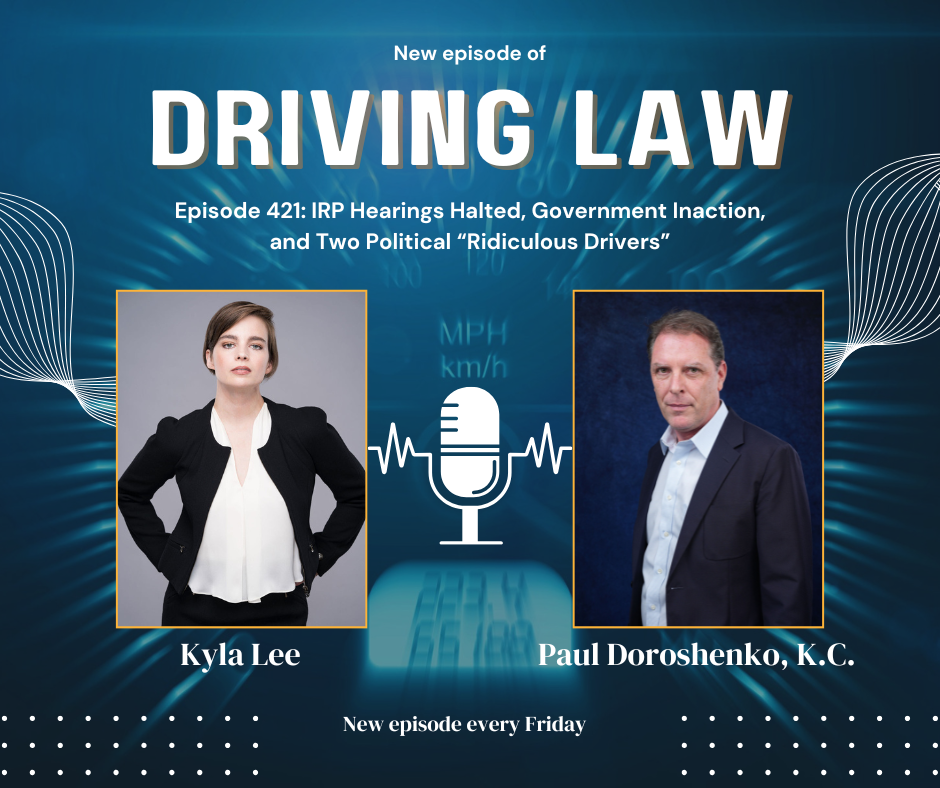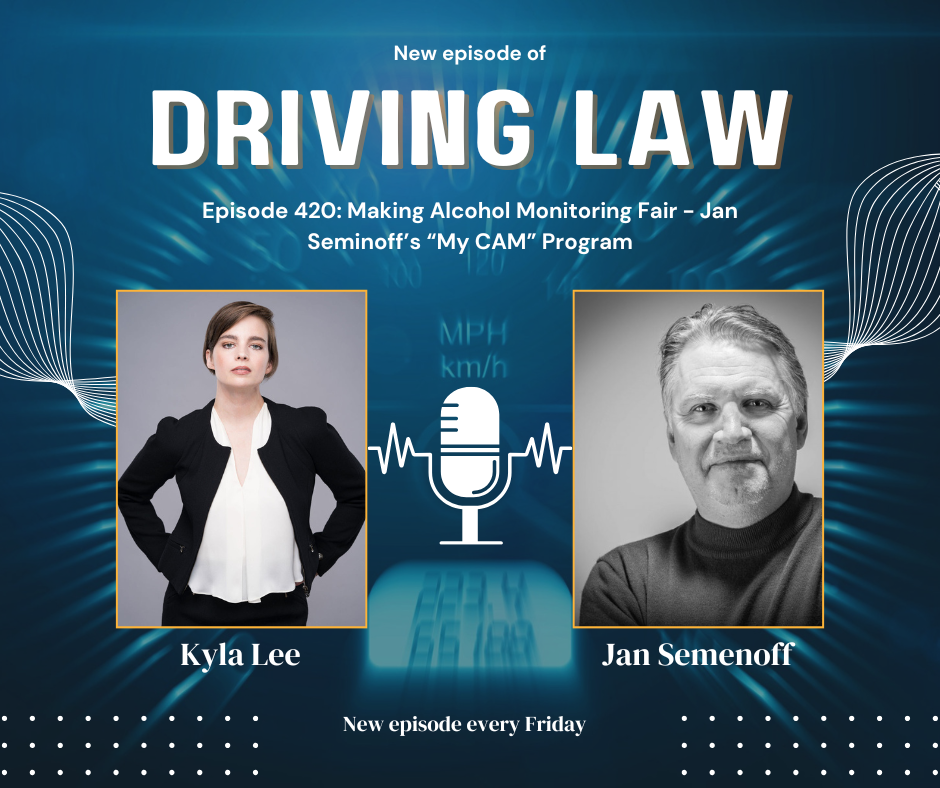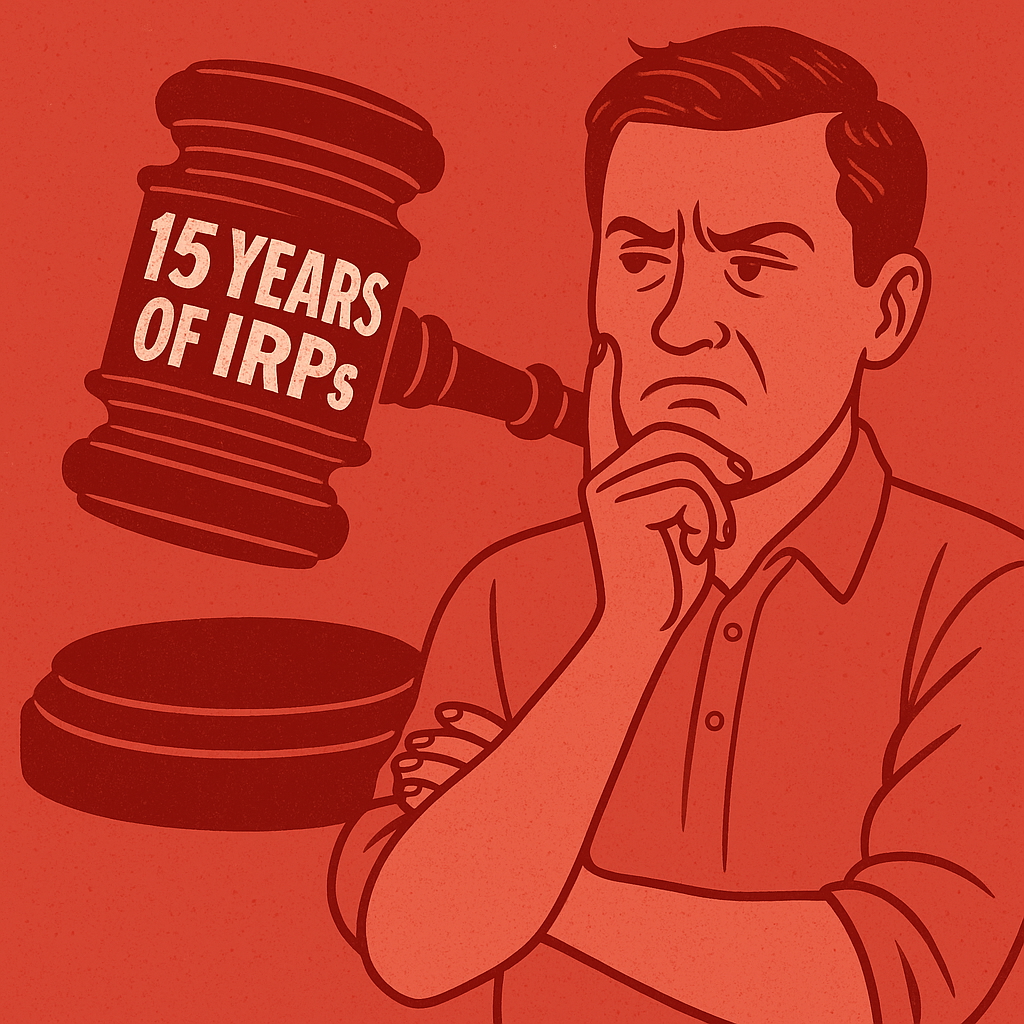Protests: Cases That Should Have Gone to the Supreme Court of Canada, But Didn’t!
Welcome to “Cases That Should Have Gone to the Supreme Court of Canada, But Didn’t!”
In this episode, Kyla Lee from Acumen Law Corporation examines a case involving protest-related charges during the COVID-19 pandemic. The accused refused to leave a protest area when asked by police and sat down in defiance. He was convicted of multiple offenses, including obstruction and mischief. On appeal, he argued that the convictions violated the “Kienapple principle”—the legal rule that a person should not be convicted of multiple offenses arising from the same act. The Supreme Court of Canada declined to hear the case, missing an important opportunity to clarify how this principle applies to protest-related conduct and constitutionally protected expression.
…Protests: Cases That Should Have Gone to the Supreme Court of Canada, But Didn’t!Read More »
Protests: Cases That Should Have Gone to the Supreme Court of Canada, But Didn’t! Read More »






